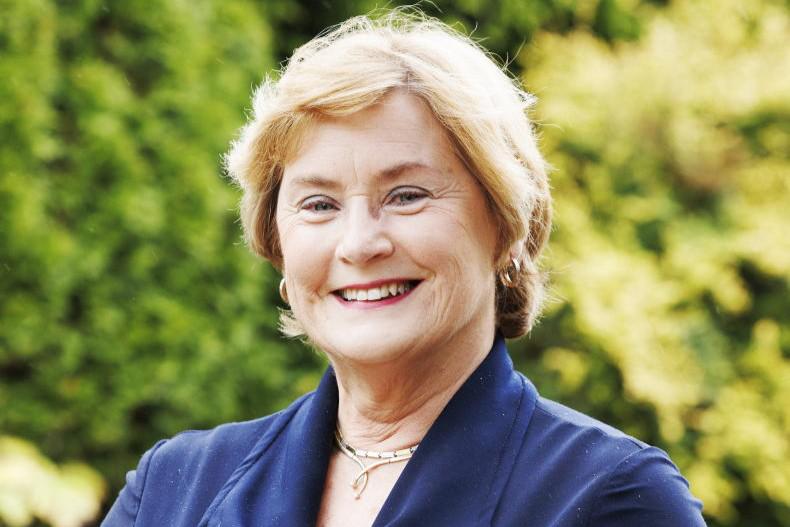A new study shows Ireland is the second most obese country in the EU. The World Health Organization predicts that by 2030 almost half of Irish adults will be classified as obese, which in turn will place a serious burden on state coffers according to the department of public expenditure.
If you analyse any study on the complex reasons which contribute to obesity, there is always a strong link with poverty.
Children living in poor socio economic conditions are more likely to be overweight and it is today’s young teenagers from poorer backgrounds who will make up the bulk of that 20+ age group that will be termed obese by the end of the decade.
That is a very middle-class discussion
But when it comes to any discussion around diet and nutrition in this country, it is never on finding solutions for the growing obesity crises, instead the whole focus is on trying to entice people away from animal protein towards a plant-based diet.
That is a very middle-class discussion and does not take into account food poverty. I buy oat drink and organic vegetables because I can afford to, but try vegansplaining to a young working-class mother on a tight budget.
Education can be the driver
Only this week the founder of “Beyond Meat” Ethan Brown called for a tax on meat consumption. It is tone deaf in the face of food poverty but indicative of the evangelical and condescending utterances of plant-based devotees. Rather, that Eurostat figure should focus minds on the real issues of importance about our relationship with food.
Education
Education can be the driver. The school curriculum could be used efficiently to educate the current generation of teenagers about the massive challenges they face in adult life when it comes to health and wellbeing. And yes that includes presenting the connection between food production and climate change in a balanced fact-based manner. Far too much of the discussion on climate and farming is amplified through the prism of politics and ideology.
Food production, nutrition, environmental impact, healthy eating, cooking, food miles, the Irish agricultural system and a balanced diet are all issues many of us take for granted. But we cannot be certain that others are as well informed. Well obviously they’re not if we have raced up the rankings to number two in the obesity charts.
Never underestimate the growing disconnect between many of us and the land. That is not a misty-eyed simplification of the matter. But without a base knowledge or understanding of how food is produced and both the positive and negative impact of various forms of food production on the land and the environment, how do we expect people to make informed decisions about food consumption?
It is that lack of basic knowledge of the unique nature of Irish farming that leads to wild and inaccurate assumptions about it? At last, social media-savvy young farmers are doing their best to zap the more outlandish demonisation of what they do. It is a distraction from the real causation of our obesity crises which has little to do with meat and dairy consumption.
Being second in the obesity table is one podium on which Ireland does not wish to be. So if we are going to channel our energy into a debate about diet, it needs to move away from the “plant based versus meat and dairy” shouting match and refocus on the actual shortcomings in society which have created the health crises coming at us.
With no COVID-19 restrictions on crowd size, the 2022 Leinster final will still probably have the same attendance, atmosphere and result as last Sunday unless the GAA wakes up and takes the provincial system out of its misery.








SHARING OPTIONS